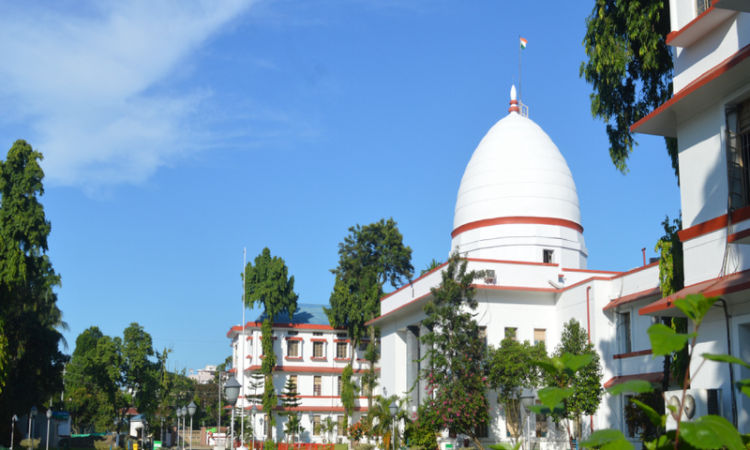No Bar On Invoking Arbitration Despite Alternative Remedy Under RERA Act: Gauhati High Court
Rajesh Kumar
15 Jun 2024 5:00 PM IST

Next Story
15 Jun 2024 5:00 PM IST
The Gauhati High Court bench of Justice Michael Zothankhuma has held that arbitration can be invoked to settle a real estate dispute, despite the existence of an alternative legal remedy under the Real Estate (Regulation and Development) Act (RERA Act). The High Court held that there was there is no inherent conflict or repugnancy between the RERA Act and the Arbitration Act. It held...
